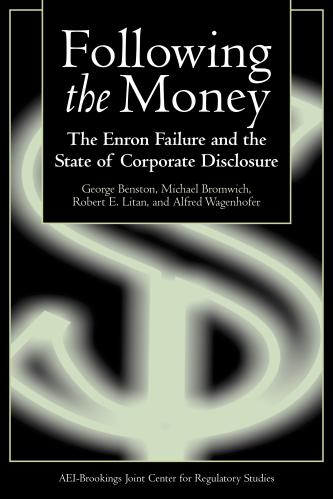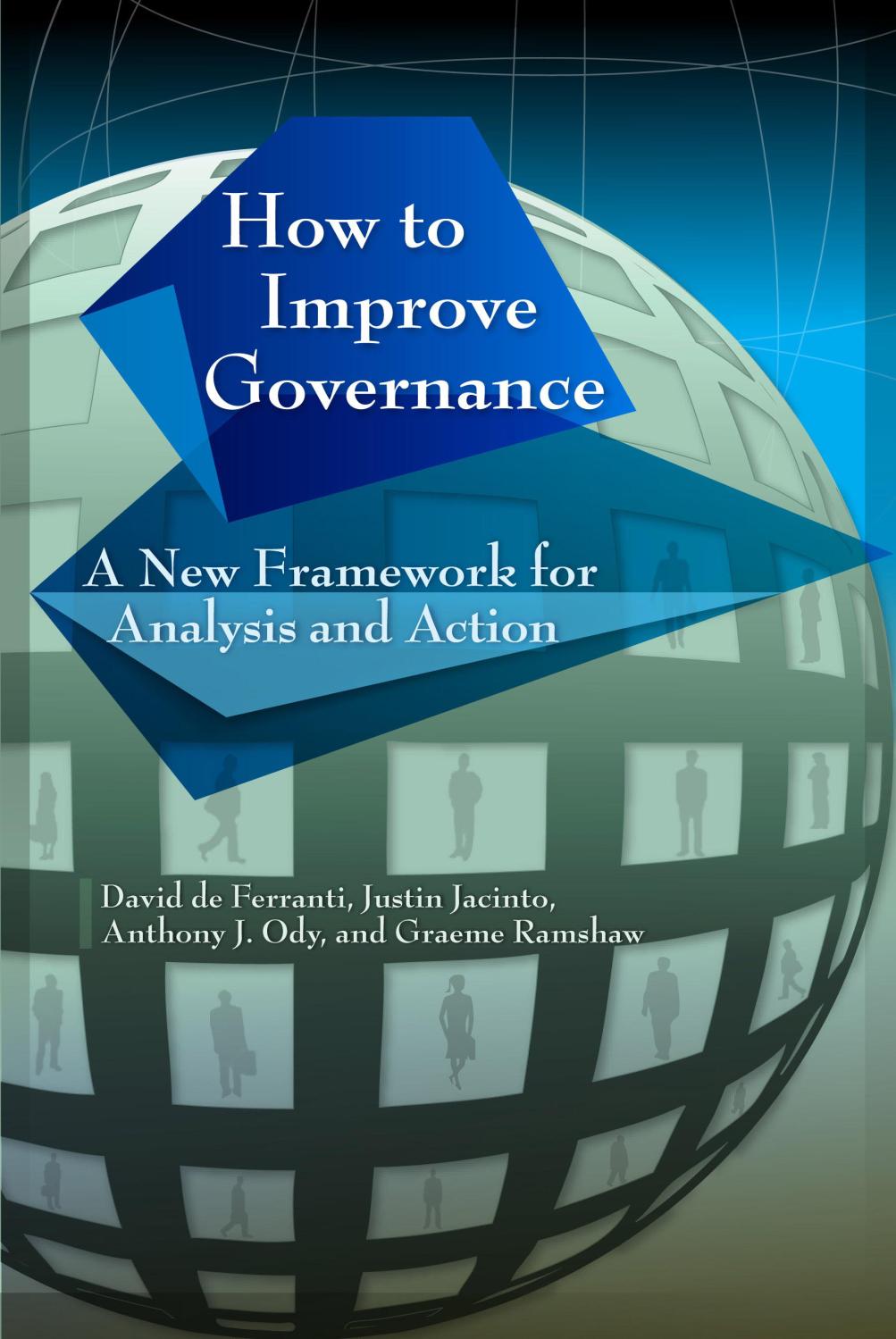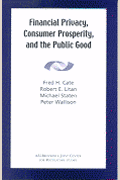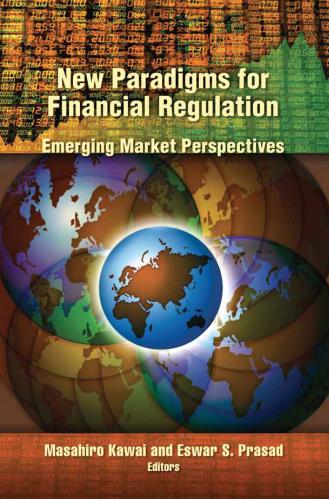


Book
In recent years, the developing world has seen a burst of efforts to reduce corruption, increase transparency and accountability, and improve governance. Needless to say, this is an important and...
In recent years, the developing world has seen a burst of efforts to reduce corruption, increase transparency and accountability, and improve governance. Needless to say, this is an important and encouraging development. However, the lack of a reliable compass to describe where a country is at a given moment—and where it could be heading in the absence or acceptance of proposed reforms—can result in disastrous missteps. The unfortunate absence of such a guide has helped lead to innumerable failed governments or ineffective regimes. This important book aims to fill that void.
How to Improve Governance emphasizes the need for an overall analytical framework that can be applied to different countries to help analyze their current situations, identify potential areas for improvement, and assess their relative feasibility and the steps needed to promote them. A country-specific analysis needs to be comprehensive, in the sense that it includes the four concepts of transparency, accountability, governance, and anticorruption throughout the calculus. Without such an analytic framework, any reform attempt is likely to flounder for lack of a shared understanding of the underlying problems and of the feasible reforms. The book gives special emphasis to the potential for civil society groups to play a stronger role in holding governments accountable for their use of public resources, and to the importance of developing politically feasible, prioritized country strategies for reform.
“Whether one looks at how to increase domestic demand for good governance, how to make government more accountable to the public, or how to build democratic processes that deliver results, the underlying issues are essentially the same…. As development actors of various types… seek to help, more and more of them are calling for a clearer conceptual framework to guide their efforts.”—From the Introduction
Related Books

George Benston, Michael Bromwich, Robert E. Litan, Alfred Wagenhofer
February 26, 2003

Fred H. Cate, Robert E. Litan, Michael Staten, Peter J. Wallison
July 22, 2003

Masahiro Kawai, Eswar S. Prasad
December 27, 2012
David de Ferranti, formerly a vice president of the World Bank, is a nonresident senior fellow in Global Economy and Development at the Brookings Institution. Anthony J. Ody, formerly a Senior Advisor at the World Bank, is a consultant on economic development and an Affiliated Professor at Georgetown University. Justin Jacinto and Graeme Ramshaw have conducted research for the Brookings Institution.